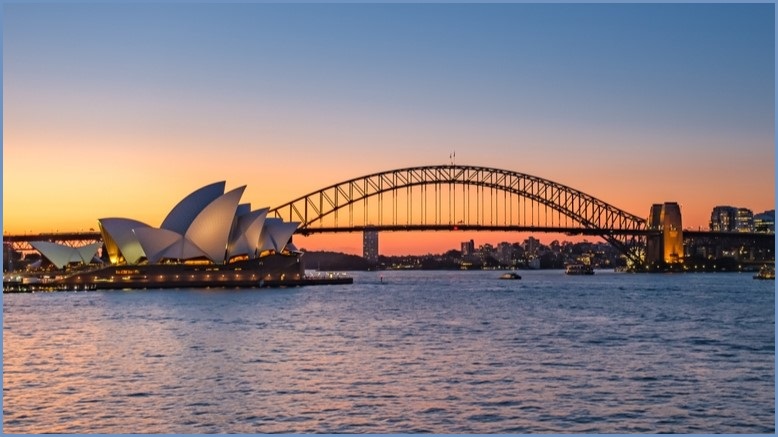Sydney’s startup ecosystem has enjoyed a rapid rise in the last year and is near the top 30 cities in the world, but Australia has continued its decline overall, according to a new report.
StartupBlink’s Global Startup Ecosystem Index Report 2025 ranks the startup ecosystems of more than 1,400 cities and 100 countries, using hundreds of thousands of data points that are processed by an algorithm.
Sydney enjoyed another rise among cities, placing as the 31st best city in the world for startups, an increase of five spots from 2024, thanks to 40 per cent growth.
Melbourne also rose by two spots and came in as the 42nd best startup ecosystem.
Despite increases for its two biggest cities, Australia continued its slide down the list when it came to country-wide startup ecosystems, dropping to 12th.
Australia has dropped one spot every year since it peaked at 8th in the world in 2023.
Australia’s startup ecosystem grew by just under 25 per cent in the last year, still above the global average ecosystem growth rate of just below 21 per cent.
‘Notable decline’ for Australia
The report said that Australia has seen a “notable long-term decline” in its startup ecosystem performance.
Australia grew slightly more than the regional average though, with the Asia-Pacific expanding by more than 27 per cent since last year.
“In recent years, Australia has struggled to produce new startup champions of similar global scale,” the report said.
“While the country has a relatively small population considering its vast geographical size, it still manages to attract overseas talent.
“All in all, Australia offers a compelling combination for a thriving startup scene: a talented and educated workforce, a strong business environment, significant public investment and a growing entrepreneurial spirit.”

The top 10 startup ecosystems in the world. Graphic: StartupBlink
Sydney’s startup ecosystem grew by more than 42 per cent in the last year, far more than Melbourne’s growth, which was 22 per cent.
Australia did perform strongly when it came to some niche sectors, placing at 7th in the world for software and data, while Sydney came in at 19th globally for cryptocurrency.
Adelaide also continued its rapid rise up the startup ecosystem list, jumping 29 spots to 217th best city worldwide.
The best startup countries in the world
Overall, the report named the United States as having the best startup ecosystem in the world, followed by the United Kingdom, Israel, Singapore and Canada.
But growth in the US appears to have slowed, with the country having the slowest rate of growth among the top 50 ecosystems at less than 20 per cent.
North America also recorded the slowest regional growth at just over 15 per cent, well below the global average.
When it comes to cities, San Francisco was unsurprisingly top of the list, followed by New York, London, Los Angeles and Beijing.
StartupBlink CEO Eli David Rokah said that major global shifts, such as artificial intelligence and geopolitical tensions, are damaging some ecosystems and providing opportunities for others.
“Many countries – even some of the highest-ranked – have made critical missteps that have weakened their startup ecosystems,” Rokah said.
“We see this in various forms: public safety and business environment concerns in San Francisco, destabilising judicial reforms in Israel, Brexit in the United Kingdom, and China’s retreat from the global tech ecosystem.
“By learning from these self-inflicted missteps, smaller startup ecosystems can close gaps by avoiding similar errors, providing stability and continuously improving their business environment.”
Some aspects holding back the Australian startup sector include poor research and development performance, issues with commercialisation and general cost-of-living struggles.
At the recent Australian Computer Society (ACS) Election Forum, key startup figures called for a move away from “risk aversion” to improve lagging research and development and the fragmented innovation ecosystem.
Despite Sydney’s already strong performance, the New South Wales government is looking to quickly scale it up, with a recent innovation strategy setting a goal to create nearly 2,000 new tech companies and 100,000 jobs over the next decade.










